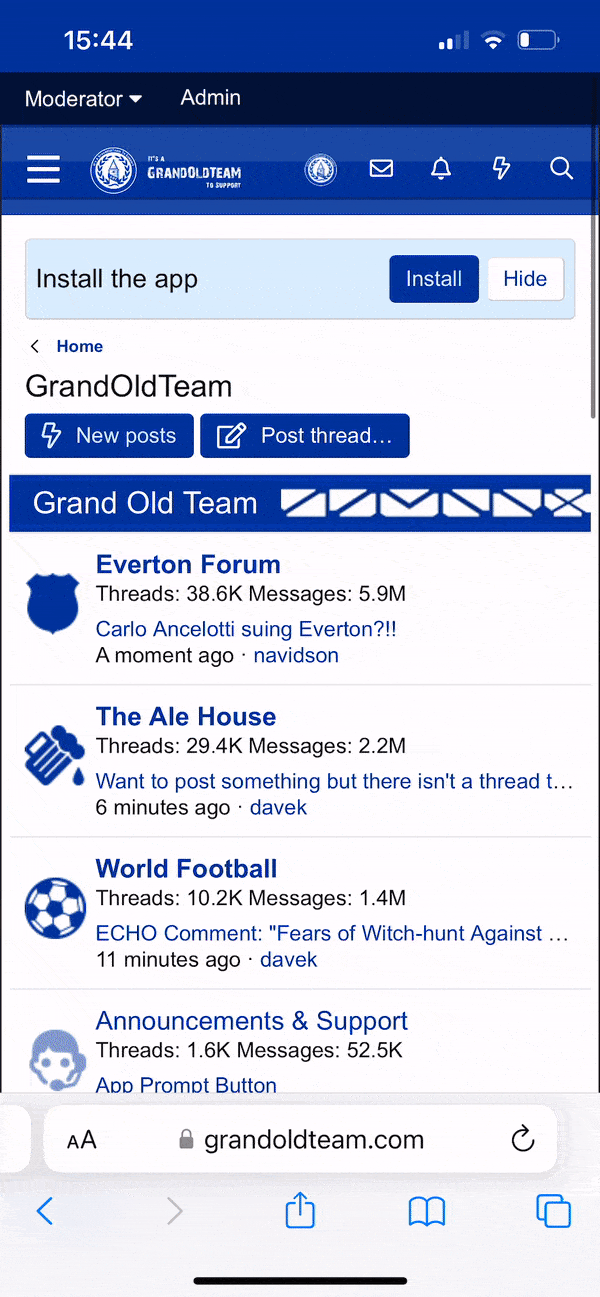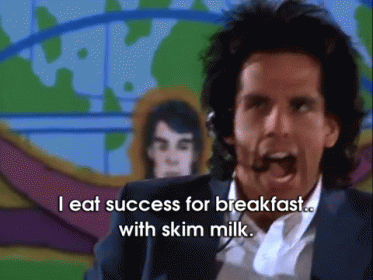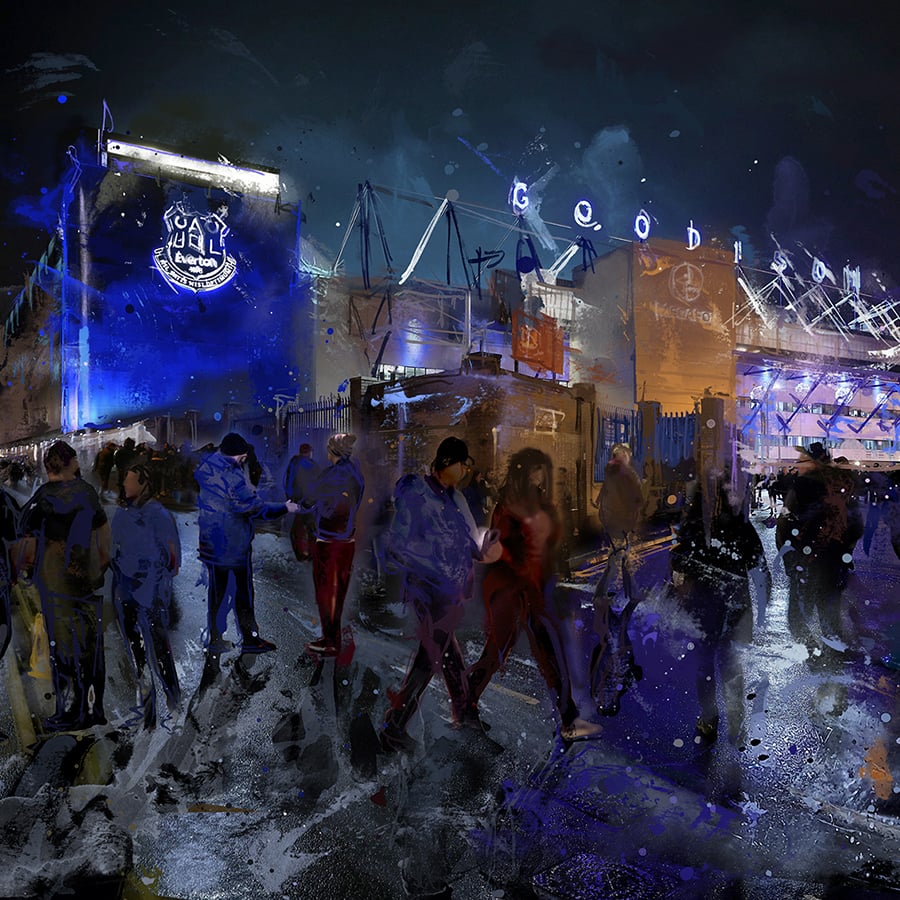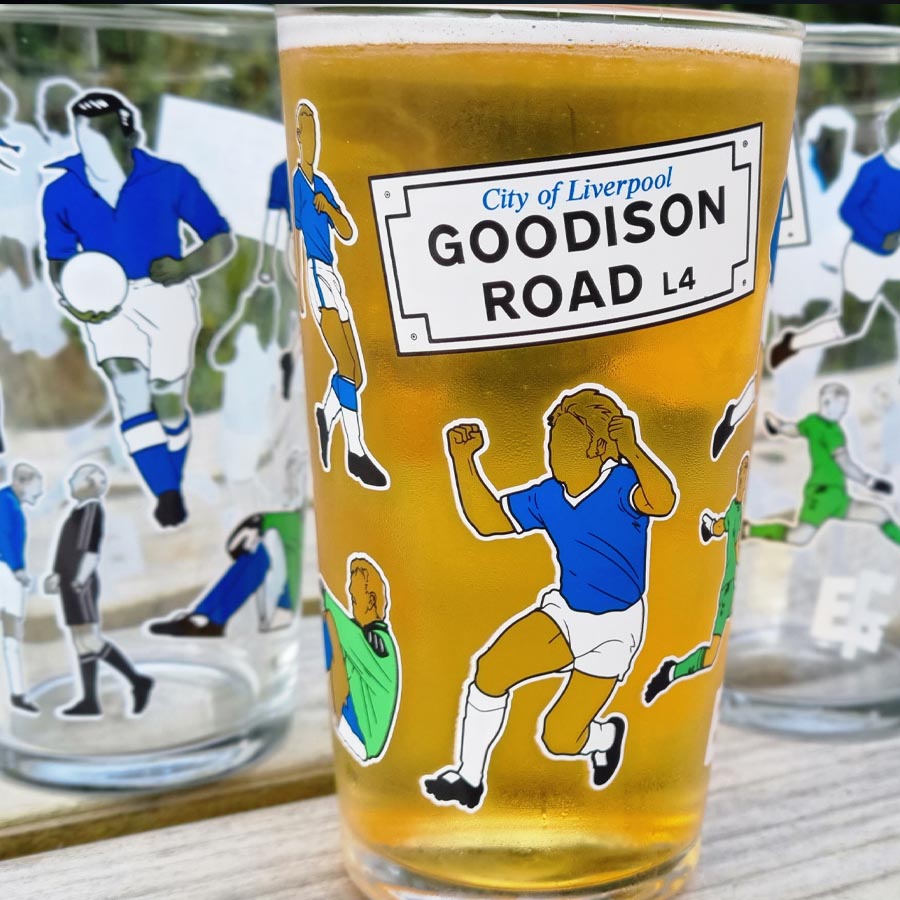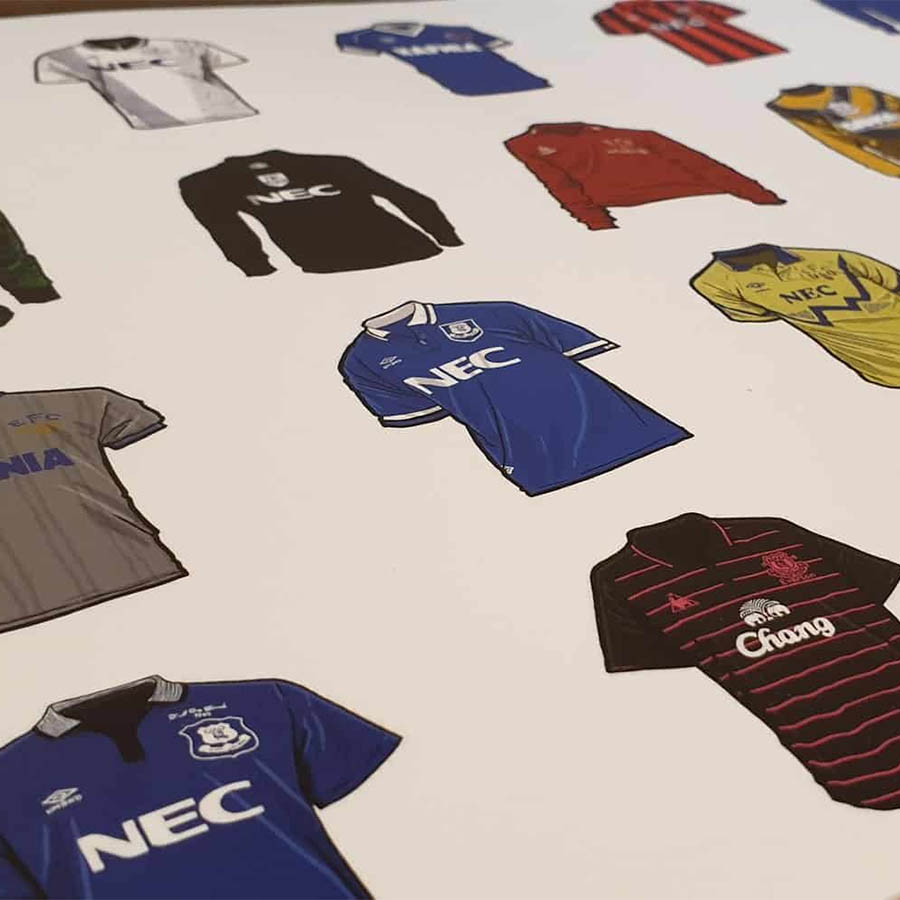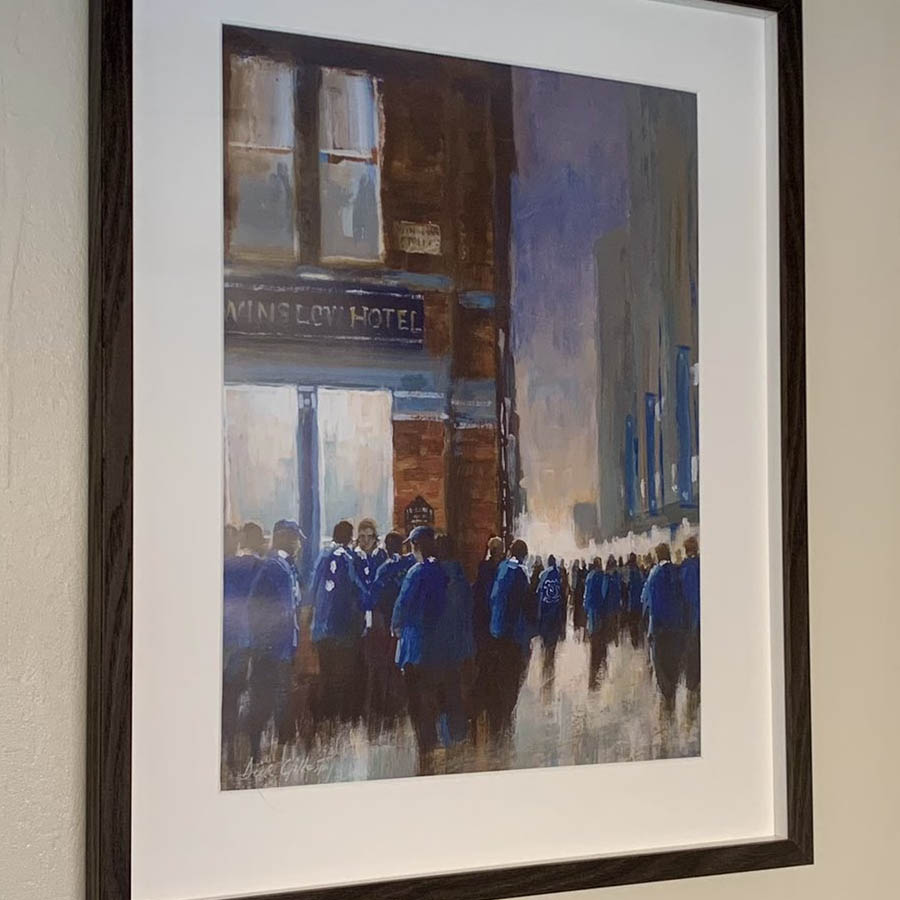We first published FiveThirtyEight’s
club soccer predictions in January 2017 with six leagues. Since then, we’ve steadily expanded the number of leagues we forecast, added features to our interactive graphics, tweaked our predictive model to perform better and published our
global club soccer rankings.
The forecasts are based on a substantially revised version of ESPN’s Soccer Power Index (SPI), a rating system
originally devised by FiveThirtyEight editor-in-chief Nate Silver in 2009 for rating international soccer teams. We have updated and adapted SPI to incorporate club soccer data going back to 1888 (from more than 550,000 matches in all) that we’ve collected from ESPN’s database and the
Engsoccerdata GitHub repository, as well as from
play-by-play data produced by
Opta that has been available since 2010.
SPI ratings
At the heart of our club soccer forecasts are FiveThirtyEight’s SPI ratings, which are our best estimate of a team’s overall strength. In our system, every team has an offensive rating that represents the number of goals it would be expected to score against an average team on a neutral field, and a defensive rating that represents the number of goals it would be expected to concede. These ratings, in turn, produce an overall SPI rating, which represents the percentage of available points — a win is worth 3 points, a tie worth 1 point, and a loss worth 0 points — the team would be expected to take if that match were played over and over again.
Given the ratings for any two teams, we can project the result of a match between them in a variety of formats — such as a league match, a home-and-away tie or a cup final — as well as simulate whole seasons to arrive at the probability each team will win the league, qualify for the Champions League or be relegated to a lower division.
Before a season begins, a team’s SPI ratings are based on two factors: its ratings at the end of the previous season, and its market value as calculated by
Transfermarkt (a site that assigns a monetary value to each player, based on what they would fetch in a transfer). We’ve found that a team’s market value — relative to their league’s average value — is strongly correlated with its end-of-season SPI rating. Thus, we use these market values to infer each team’s preseason SPI rating.
As a season plays out, a team’s ratings are adjusted after every match based on its performance in that match and the strength of its opponent. Unlike with the
Elo rating system we use in
several other sports, a team’s rating doesn’t necessarily improve whenever it wins a match; if it performs worse than the model expected, its ratings can decline.

